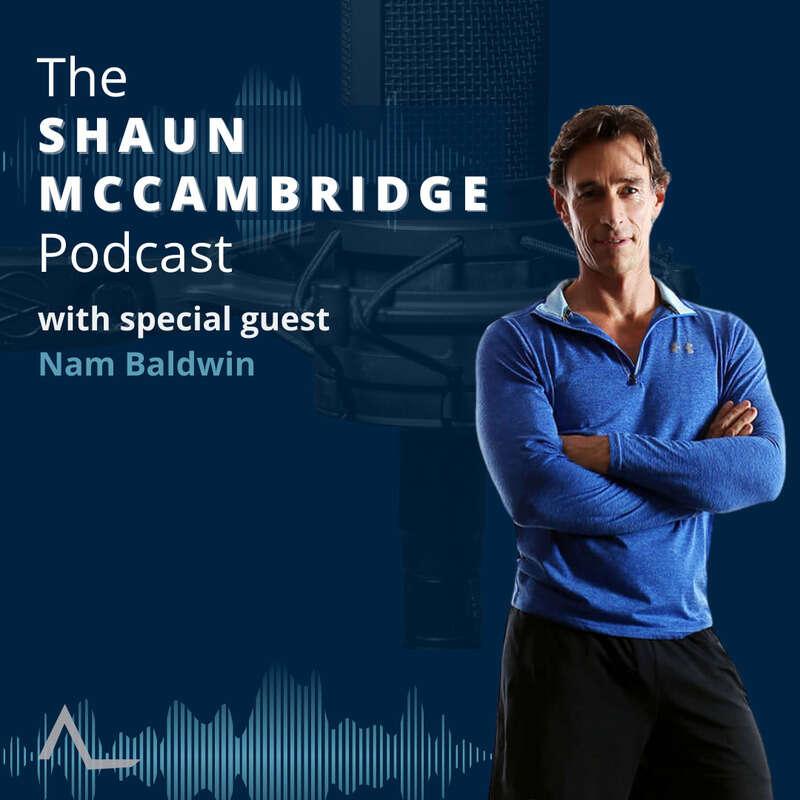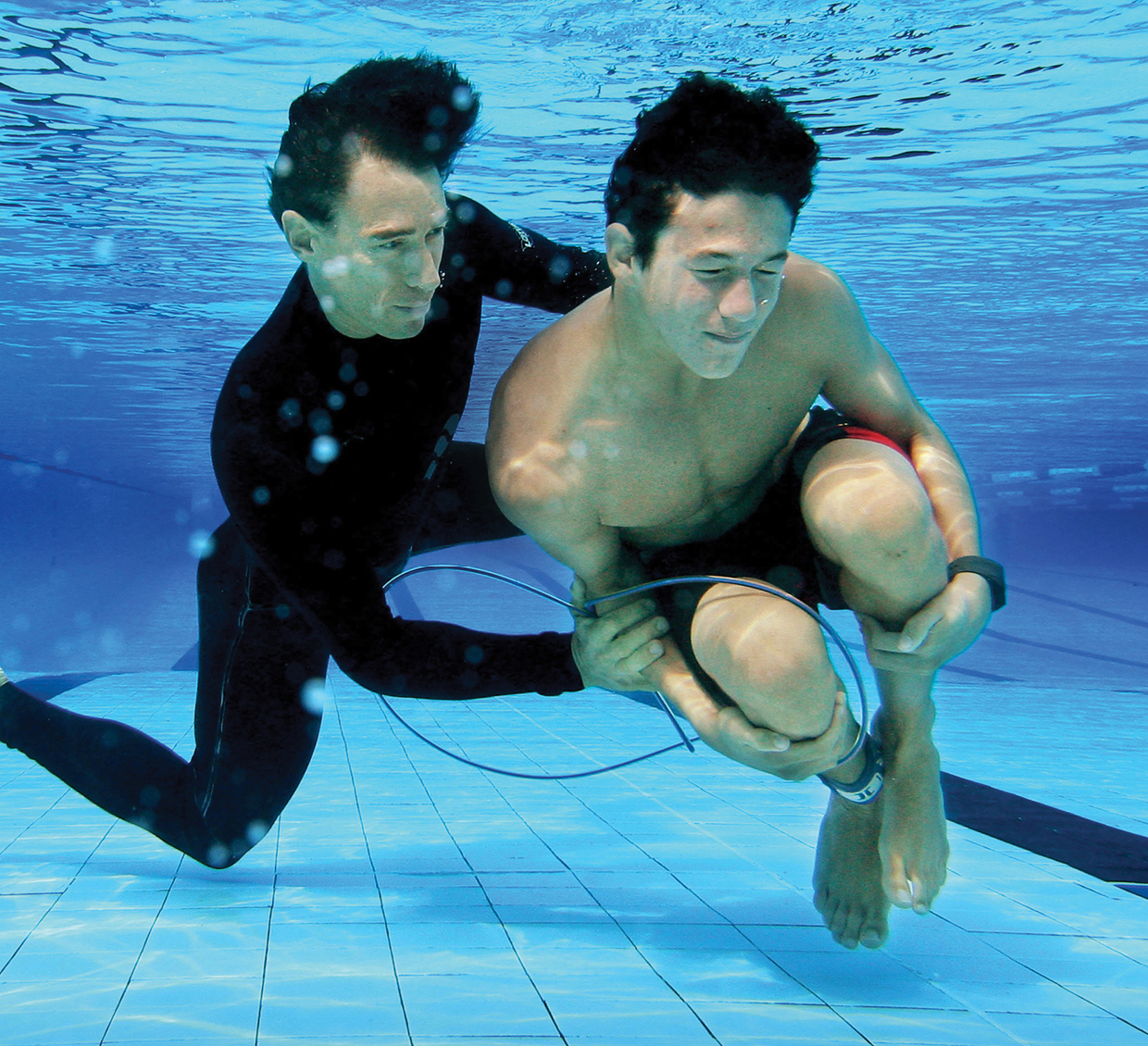Building blocks to living well with Nam Baldwin | The Shaun McCambridge Podcast – Episode 6, Season 5
LISTEN HERE: https://share.transistor.fm/s/3de9f051
SHOW NOTES
When it comes to dealing with and managing stress & pressure, the breath is one of the simplest techniques you can teach people to use. It’s one thing that’s in your control when so many things are out of your control.
7.45 – At an individual level what do you see as the key fundamental pillars to living well?
Having pillars in place builds the foundations you need to have a healthy body and mind. This starts with breathing as it’s the first thing that changes when we get stressed.
Recognise what kind of way of thinking we have around certain circumstances/situations and be self-aware as to where we sit. The optimistic view is that things will work out for the better.
Gratefulness is part of that reflection, it helps to rewire and program your brain then it becomes a default to see the solution rather than the negative. Brains are programmed to look for fear/threats.
18 – Gratitude is one of the most powerful things to employ. We need to be aware that there is a narrative behind what we’re grateful for. That’s what develops areas of the brain to increase the capacity to be aware of being more optimistic and remove self-critic.
- Be aware of when you’re going into levels of stress and anxiety and not cover it up with coping mechanisms such as looking at your phone or eating etc. Label your emotion and don’t try using something else to diminish feeling, name it to tame it.
- Movement on top will help reduce/burn up the chemistry of the adrenaline
- A little bit of exposure to what is triggering your anxiety is a powerful thing. Go into things that create anxiety for you, to gently trigger and gently expose yourself to them. The challenges and fears, and within that time and space use your tools to hold composure. Gently build a familiarity for your body to experience it.
- Shying away from challenges, within reason, will help and regulate your response
- Emotion generally only last 90 seconds so if you can pause in the first 6 seconds, the logical part of your brain will come on board rather than you just reacting.
- Make better choices rather than getting stuck in them. Provoke your own conscious mind to think of a solution.
30.30 – Exposure therapy
Nam speaks about Mick Fanning being attacked by a great white shark and then starting a shark documentary. It was a huge part of his value and purpose. Give it time, and make meaning of your challenge so that you can then use the suffering. The meaning is what helps you get through the suffering and will develop into a courageous person in your own right.
Manage how kids respond to emotions. They don’t have the hardware or software to manage it.
What beliefs do you need to install to break through to a new level? Recognise it’s okay to upgrade our beliefs
- Could be through journaling or understanding what gets you in the way of your progress and refining them. Challenge the beliefs not blame what’s around you.
- Talking to people you know that are similar in their commitment and discipline
- Stipulate how you want to be and where you want to be. Install a belief on how someone like that disciplines themselves. With discipline, you’ll break through your limited belief.
38.30 – The notion of connection and what can help us perform well
Connection is one of the most important needs for us as a species. We are developed around wanting safety and the sense of belonging to a group is important to our health and well-being. The feeling of good connection, we all have different connection types. Not feeling a good connection can be detrimental. You might not feel like you’re connecting to an experience if you’re not connecting with someone at the time.
42.00 – Feeling connection and growth brings you back to yourself. It’s not just a connection with humans but with nature and the land we live in. This all has such a profound effect on us. Focus on face connection not necessarily over the phone.
44.15 – The advice Nam would give parents to help their kids



